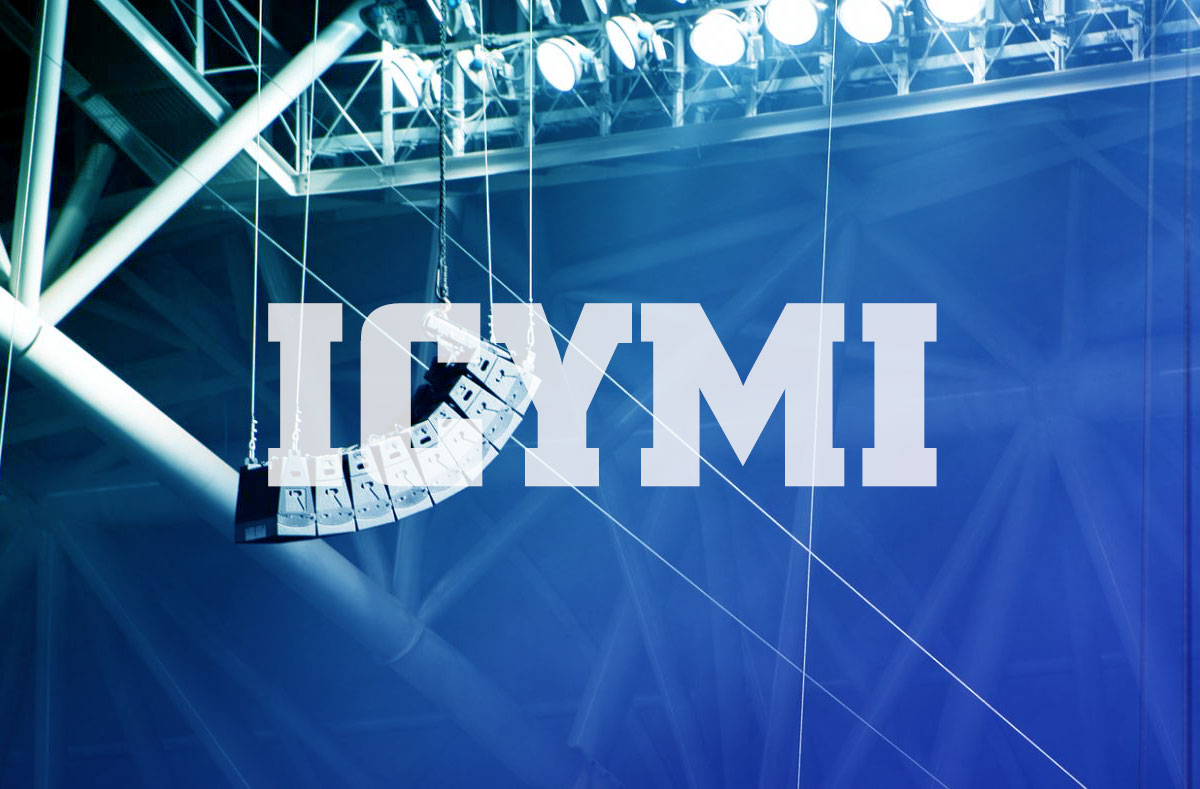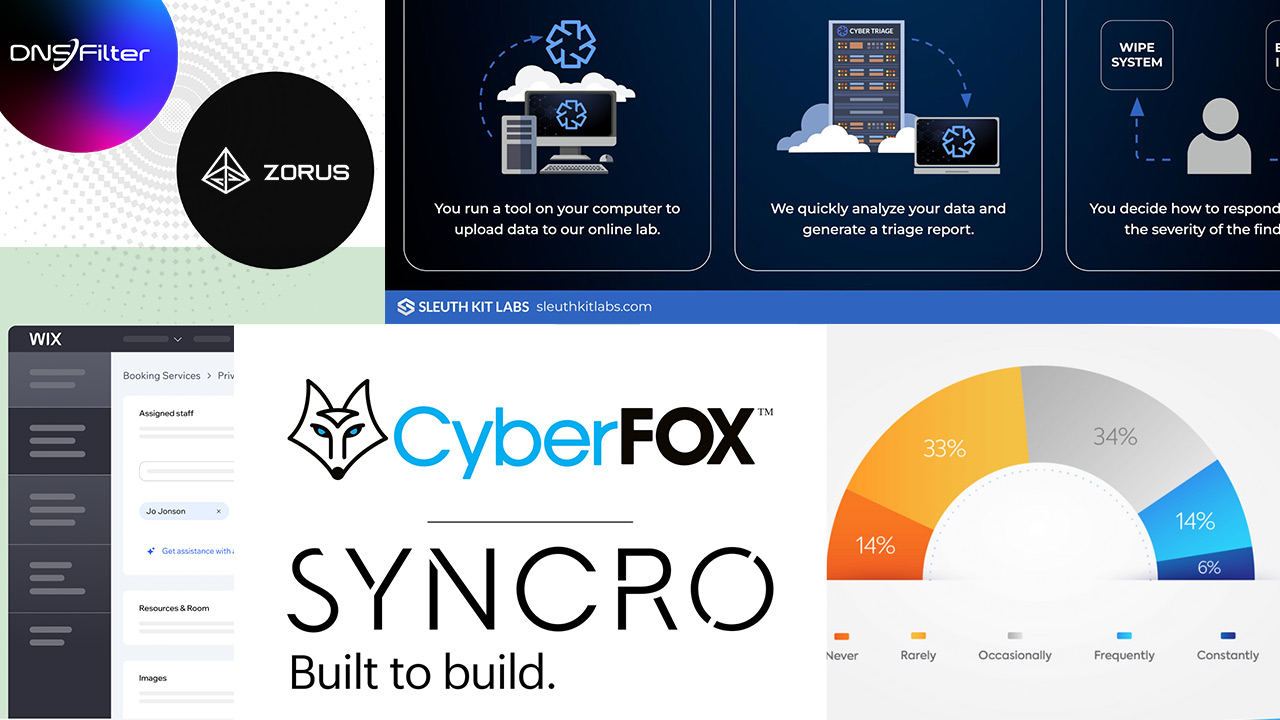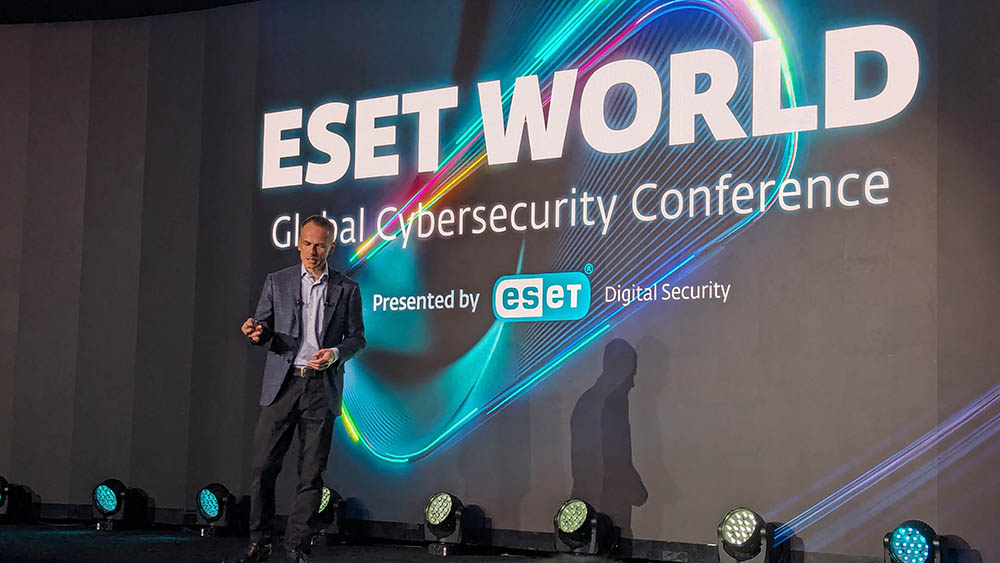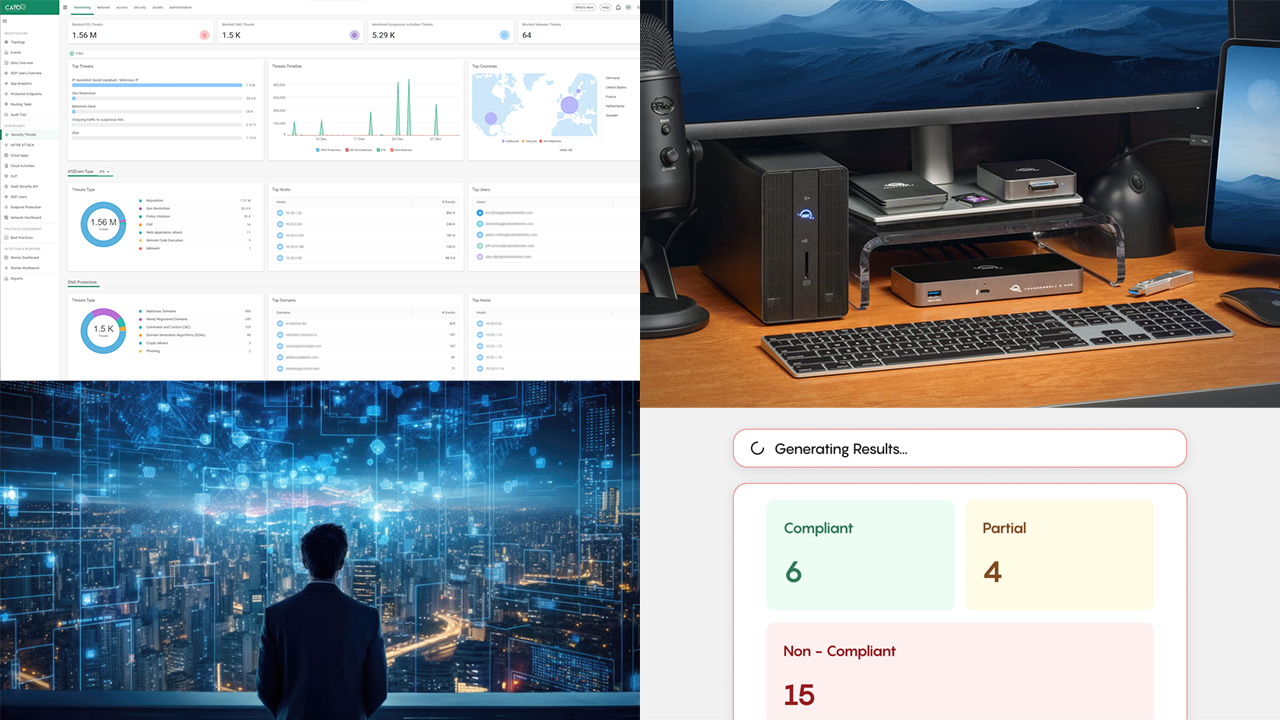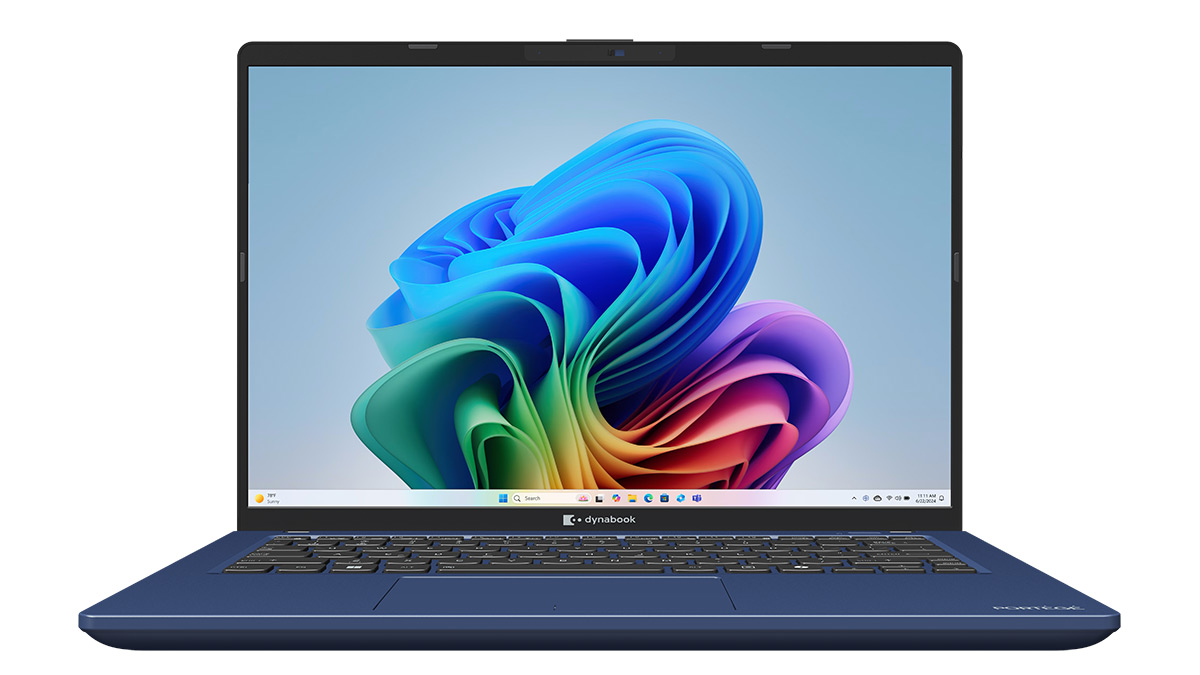School is out this week or next across the country, meaning those working from home will have kids to wrangle. Oh, wait, the kids have been underfoot since March. Never mind. But now when the kids say they’re on the computer to do homework, you know they’re playing games or worse. During school, there was a small chance they were actually doing homework.

An extended strategic collaboration between Microsoft and Docker will simplify code-to-cloud application development by more closely integrating with Azure Container Instances (ACI). Log into Azure from the Docker CLI and other goodies like automatically triggering an ACI cloud container using defaults but no infrastructure overhead.
PagerDuty and Microsoft Teams wove an integration to handle disruptive incidents more quickly. Administrators learn about issues fast so they can start resolving same. Management-level users get a full view of incidents and responses.

New entries in the HP Personal Systems portfolio support work from home, as well as work from work when that time comes. Premium laptops including the HP EliteBook x360 1030 G7 and HP EliteBook x360 1040 G7 are smaller but have a higher screen-to-body ratio, hot new Intel 10th Gen chips etc. The HP EliteBook 805 G7 and HP EliteBook 800 G7 Series PCs offer AMD and Intel processors. Plenty more, including a Mini PC and a 4K wireless monitor.
Tired of the current reality? Go virtual as in VR with the new HP, Valve, and Microsoft next-gen headset, the HP Reverb G2. Immersive viewing, 3D audio, natural gestures using the new intuitive controllers, and comfortable for extended wearing.
New detachable and smart home devices (pictured) from Lenovo include the Yoga Duet 7i1 (with E-Color Pen), Lenovo IdeaPad Duet 3i1 with digital pen, and the upgraded Lenovo Smart Tab M10 FHD Plus (2nd Gen) with built-in Alexa. The Lenovo Yoga Duet 7i is the first Yoga model that detaches.
SAP’s new customer portal, “”SAP for Me,”” burst out of beta with enhanced capabilities across products, systems, and licenses. SAP customers can get personalized access to their entire product portfolio. Sales role partners will have it in June.

For the creator in your life, Razer introduced the Razer Blade 15 Studio Edition laptop, a “”mobile studio”” equipped with the latest 8-Core 10th Gen Intel processors and NVIDIA Quadro RTX 5000 graphics.
Worried about malware in your Microsoft cloud apps? You can now find it, sandbox it, and kill it with F-Secure Cloud Protection for Microsoft Office 365.
Aruba (part of Hewlett Packard Enterprise) expanded its Aruba Instant On product family. A new series of switches help small businesses setup and manage a unified, high-speed network. Check out the new Aruba Instant On 1930 Series, including Instant On indoor/outdoor access points managed with a mobile app.
From Zyxel comes a new line of fast and smart switches. Aimed at the SMB market, the new XS1930-10 and XS1930-12HP devices feature five-color LEDs to provide at-a-glance port speed information.
Upgrade home wireless with new mesh networks say the experts. To help, D-Link announced its new AC750 Mesh Wi-Fi Range Extender (DAP-1530). A one-touch WPS button makes setup easy, and the Smart Signal Indicator uses bright LEDs to indicate good or not connections. Dual band, smart roaming, two internal antennas, and other fun stuff.
Cloud-driven networking company Extreme Networks announced it will offer “”unlimited data”” to its cloud customers beginning July 1. All new ExtremeCloud IQ Pilot subscribers will get unlimited data for their subscription lifetime. Also included? Unlimited data retention so historical data is always just a few clicks away.
High Wire Networks now offers Cloud Detection and Response as part of its Overwatch Managed Security Platform as a Service. Overwatch includes X Detection and Response (XDR) tech and a 24/7 SOC as a service.
Illusive Networks extended its Illusive Attack Surface Manager to the cloud. Includes out of the box deceptions for web application servers and CI/CD servers. Helps with all the new security exposure created by newly remote workers.
The latest strategic member of the Respond Software partner program, Veristor will now offer Respond Analyst. The software automation tool for security operations helps fill the ever-growing cybersecurity workforce skills gap. More on that later.
Netwrix Data Classification 5.5.3, its manufacturer says, helps orgs fulfill privacy obligations, slash Data Subject Access Requests (DSAR) management costs, and strengthen the security of data stored in the cloud.
Cloud management platform CloudBolt released version 9.3. UX enhancements, more Microsoft Azure support, new third-party integrations, more security, backup and recover with Veeam, and other goodies.

Malwarebytes has a new senior vice president of marketing. He’s named Dariusz Paczuski, and most recently worked at Verizon Media.
SIEM player Exabeam updated its Exabeam Partner Program. Includes the rollout of a formalized practice for MSSPs and MDR providers that supports multiple business models with flexible pricing, training, dedicated account and tech teams, and customized go-to-market support.
Perhaps over unified communication channels, Granite Telecommunications and PlanetOne partnered. PlanetOne will deliver Granite’s managed communications services to multilocation businesses.
Cisco announced that it’s acquiring ThousandEyes, an internet and cloud intelligence platform that provides deep visibility and insights into the digital delivery of apps and services.
Application-to-application communications player Edgewise Networks was acquired by Zscaler. Will boost the zero trust environment tools and services from Zscaler
This week’s stats ticker:
Cybersecurity firm PC Matic released a report entitled “”COVID-19: Work From Home Trends.“” The national survey received about 6,000 responses. 58% said the pandemic had not pushed them to work from home. Of those who did fall into the WFH bucket, 61% said their employers did not issue a device for work-related use. Those using their personal devices said only 7% received an AV solution to help protect against cyberattacks. At least 51% said IT support did help transition to remote workstations.
Prepare to be shocked, shocked, IT people, when you hear that MobileIron’s “”Trouble at the Top“” study found that executives were the most likely group (74%) to ask for relaxed mobile security protocols. More than two-thirds (68%) of execs said IT security compromises their personal privacy. 62% said security limits the usability of their device. 58% claimed IT security is just too darn complex to understand. Predictably, 76% of C-levels requested to bypass one or more of IT’s security processes last year. 47% wanted to use an unsupported device while 45% begged to bypass MFA. This while 78% of IT decision makers said the C-suite is a highly likely target. Those execs who set your budget? Most likely to need help with or “”forget”” their passwords.
In a sadly related note, a Fortinet study by MaritzCX looked at the widespread impact of the cybersecurity skills gap. All types of organizations are impacted. 68% of respondents say they struggle to recruit, hire, and retain talent. It’s worse in Canada, where 78% reported these problems. 76% said the lack of help creates new risk across their orgs. How much? 73% say they had at least one intrusion or breach due to the shortage of skilled security professional over the past year and 47% reported as many as three. Companies do recognize the value of certifications, with 82% preferring to hire candidates with certs.
Trend Micro’s “”Trading in the Dark“” study found there is no honor among cyberthieves. Or at least less, as shown by the increasing use of Discord and e-commerce platforms that increase user anonymization. Law enforcement efforts seem to be having an impact, including the takedown of multiple underground forums. The bad news? There are so many criminal services in the wild that prices are dropping. Crypting services fell from $1,000 to $20 per month. Generic botnets that used to be rented for $200 per day are down to $5. Increased demand for ransomware, remote access trojans, and online account credentials have kept those prices stable.

Enter Yamaha, which has developed a Remote Cheerer system to let fans yell from home through smartphones. Speakers pipe the preprogrammed cheers or boos into the stadium.
Japanese being a bit more polite than most American spectators, player and ref abuse is limited. You can’t call the ref blind, for instance. That won’t work in America. Screaming abuse is a major part of the joy of live sports.
Someone in the U.S. should take this and run with it (Mark Cuban, are you listening?) Giving fans a number to call and leave a voicemail to be blasted through the stadium will really make Americans feel like they’re important again.
Knowing Americans, there may need to be a seven second delay to keep the language going over the TV under control.
No doubt Cuban or someone will figure out how to help those using the system really feel like part of the action. You know, charge $12 for a beer and $18 for a hot dog.




